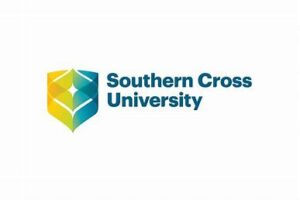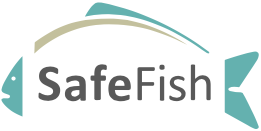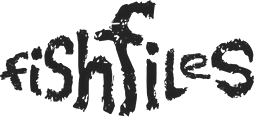An important part of the SafeFish remit is to build capability in food safety and market access for the Australian seafood industry. To assist with this, SafeFish offers post-graduate grant and summer student placement opportunities to encourage blue sky and/or applied research projects around priority issues on the SafeFish agenda, whilst simultaneously building our researchers of the future.
Post-graduate Students
A $10,000 pa supplementary grant is available to Australian post-graduate students undertaking a research project relating to food safety or market access of Australian seafood. Example research areas include contamination of any hazard (microbial, chemical or physical) in seafood either produced or imported into Australia, public health aspects, risk assessment, risk management or risk communication, supply chain/processing activities that impact food safety, traceability, seafood fraud related to food safety, or other high priority topics deemed acceptable to the SafeFish partnership. Applicants may apply for access to the grant for one to three years.
In December 2023 a notice for the grant was sent to 43 Australian Universities and sent directly to relevant researchers/consultants. There were 5 applications received which included research focusses on microplastics, Vibrios and chemical contaminants. The successful applicant for 2024/2025 was Ben Gray from Southern Cross University.
2024/25 Successful applicant:
Ben Gray, Southern Cross University

Pesticide contamination of crab species in the Clarence River, NSW
Heavy rainfall events can cause contaminants, such as pesticides to ‘runoff’ from human land uses into adjacent catchments. Pesticide residues can be bioaccumulated by, and adversely impact the physiology of estuarine species. The accumulation of pesticides in harvested species is of particular concern, due to the potential human health impacts associated with their consumption. In line with burgeoning global agrichemical application, pesticide use in Australia is estimated to have increased by 255% over the last decade. Coupled with the increasing frequency and magnitude of climate-driven extreme events such as floods, harvested estuarine species, and therefore, seafood consumers will be increasingly exposed to agricultural chemicals.
In Australia, giant mud (Scylla serratta) and blue swimmer crabs (Portunus armatus) are the most economically important crab species, supporting a combined national harvest that exceeds 3000 tonnes per annum. Hence, any negative impacts to stocks or human health concerns associated with their consumption, will have considerable deleterious economic costs. Due to their sessile nature and close contact with sediment, portunid crabs are considered to be at high risk for exposure to contaminants. However, little is known about the potential for exposure in estuaries throughout eastern Australia, and the resulting risks to seafood consumers.
This project aims to develop improved climate-resilient fisheries harvesting strategies associated with seafood species contaminated by agrichemicals. Specifically, comprehensive field sampling is being undertaken over the next two years throughout various NSW estuaries to provide baseline data on what chemicals portunid crabs may be exposed to. This will help to identify times and locations where seafood quality and consumer safety may be compromised. Further, the capacity for depuration (i.e., the elimination of toxins by holding seafood species in clean seawater) and thermal processing (i.e., cooking) to reduce crab tissue-pesticide burdens will also be investigated through a series of short-term experiments. Investigating the utility of these processing strategies may help to provide practical adaptation options for fishers operating in areas impacted by agricultural runoff, as well as alleviating public health concerns associated with crab consumption. In the final year of the project, we will investigate the sublethal impacts, and physiological recovery time of crabs exposed to a simulated rainfall runoff event (i.e., low salinity and exposure to a key pesticide identified in our field sampling). This will help to increase our knowledge of the impacts of agricultural runoff to crab populations and their fisheries.
Acknowledgements:
Southern Cross University, NSW Department of Primary Industries, Fisheries Research & Development Cooperation, SafeFish, NSW Professional Fishers Association (PFA), Troy Billen and all the other commercial fishers who have collaborated with sampling.
Summer Students
To assist with building capability and understanding in seafood food safety in Australia, SafeFish also have the capacity to offer summer student placement opportunities to assist with delivering components of the SafeFish work program. For more information, please contact the Secretariat.




